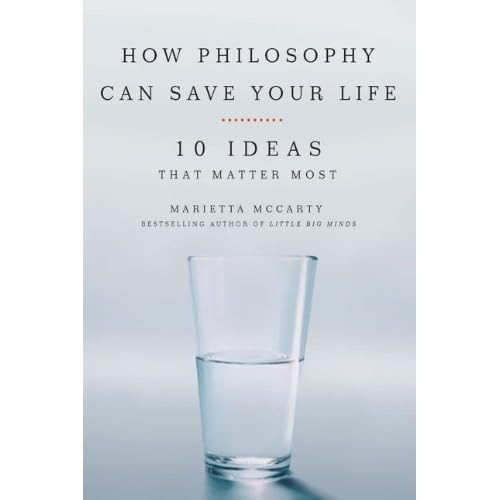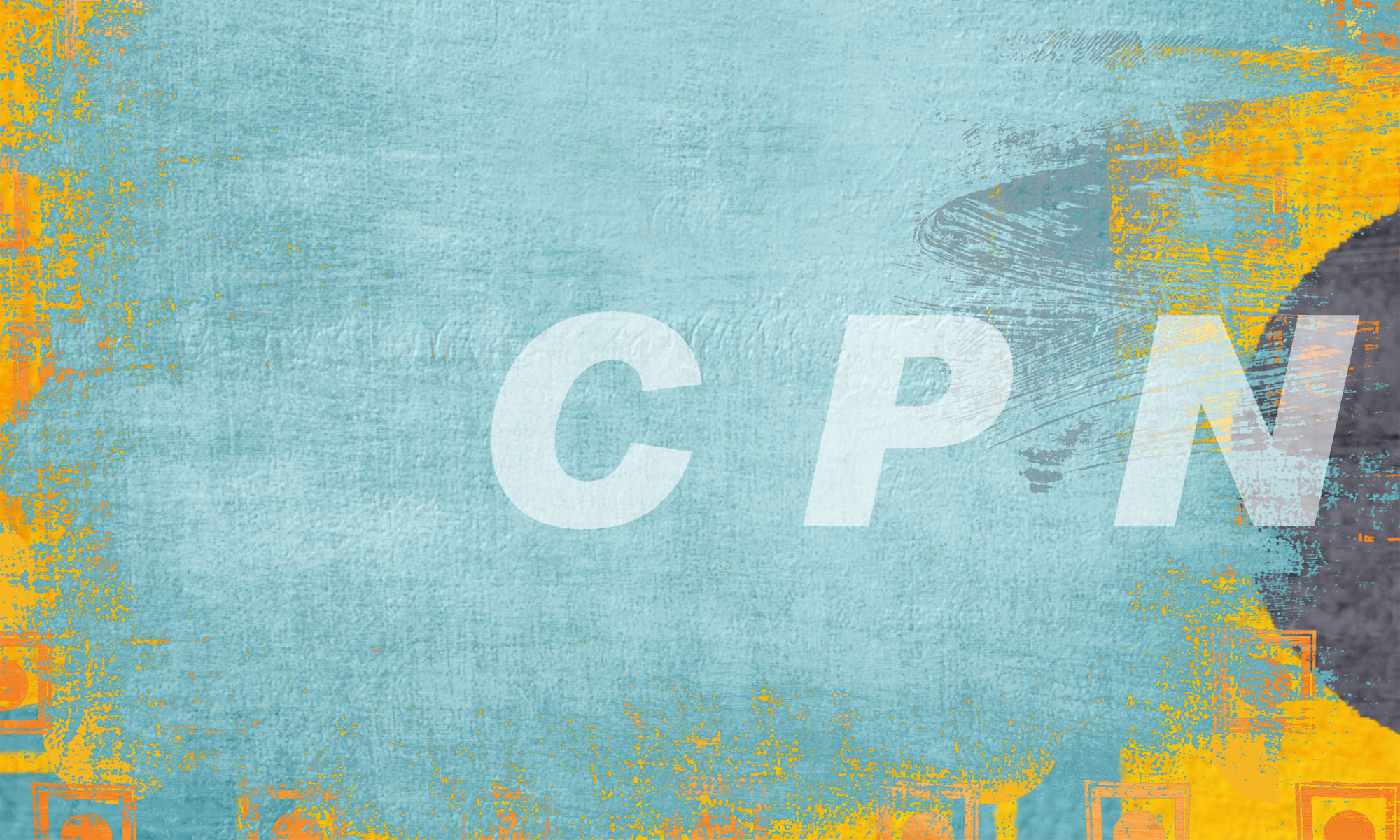 Marietta McCarty, Professor of Philosophy at Piedmont Virginia Community College, joined Coy Barefoot last week to discuss her new book: How Philosophy Can Save Your Life: 10 Ideas That Matter Most . You can purchase the book on Amazon.com.
Marietta McCarty, Professor of Philosophy at Piedmont Virginia Community College, joined Coy Barefoot last week to discuss her new book: How Philosophy Can Save Your Life: 10 Ideas That Matter Most . You can purchase the book on Amazon.com.

Charlottesville Podcasting Network
Lectures, radio shows and more available on-demand
 Marietta McCarty, Professor of Philosophy at Piedmont Virginia Community College, joined Coy Barefoot last week to discuss her new book: How Philosophy Can Save Your Life: 10 Ideas That Matter Most . You can purchase the book on Amazon.com.
Marietta McCarty, Professor of Philosophy at Piedmont Virginia Community College, joined Coy Barefoot last week to discuss her new book: How Philosophy Can Save Your Life: 10 Ideas That Matter Most . You can purchase the book on Amazon.com.
The latest session of Citizen Philosopher was recorded at their new venue, the Charlottesville Public Library, on Wednesday, July 2nd. The topic was: “What are the essentials for a good life?”
Participating were veteran citizen philosophers, David Rood, Deborah Martin, George Garrett, John Tytus, Stephen Whiteman, and Steven Stokes. Also joining us for the first time were newcomers, Rachel Backburn and Susan Patrick. Welcome to the forum, Rachel and Susan, and thank you for sharing your philosophical insights. We had a most enlightening discussion.
I struggled a bit with writing the usual synopsis for this month’s podcast, because we touched on so many possible answers to our question. To simplify my task, I decided to separate the elements from the issues. Here is a list of short answers (possible essential elements) to our question, with which you may or may not agree:
1. Good health.
2. A sense of moderation.
3. Flexibility.
4. Passions.
5. Breyer’s ice cream.
6. Good relationships.
7. Peace of mind.
8. A sense of self.
9. A sense of purpose.
10. A feeling of gratitude.
11. Compassion
12. Patience.
13. Love.
14. Ability and willingness to be content.
15. Work.
16. Feeling one has the power to change things.
17. Hope.
18. Pleasures.
19. A forward looking capacity.
20. Appreciation of the present moment.
21. Confidence.
22. Mindful awareness.
23. A spiritual perspective.
24. A moral code.
25. Something to do and someone to do it for.
26. A philosophical attitude.
Here are some of the questions (issues) we wrestled with:
Are there any universal prerequisites to living the good life? Is the question totally subjective, or are there any objective measures? Is good health an essential element? Do physical impairments preclude living a good life? Do pain and suffering? How about impaired mental health? Must one have passions to live the good life? From whose perspective is one’s life to be judged as good? Are pleasures, contentment, and happiness reliable indicators of a good life? When a sexual predator is fulfilling his passion, is he living the good life? Might passion be necessary, but not sufficient to a good life? How do we distinguish the essential prerequisites FOR a good life from the hallmarks OF a good life? Is peace of mind essential? Is it a cause or an effect? Can one’s life be judged in progress, or must it be judged as a whole only after it has been completed, as one might judge a book or movie? What does it mean to be contributing to the goodness of the world? Are externally applied criteria any more objective than internal judgements? Can one have a good life by just appreciating the present moment? Is a spiritual framework necessary for a good life? Are the essentials for a good life the same throughout ones life? Is there a preferred or natural order to the unfolding of one’s life? What does it take to stay on one’s course, given that everyone’s path may be different? What role does gratitude play in living the good life? Are not most of us living far better lives than even the kings and queens of previous centuries?
Finally, mark your calendars. The next Thinking Out Loud will be Wednesday, August 6th, at 7:00 pm. We will select a topic at the beginning of the next session as usual. Hope to see/hear you then, if not sooner.
Are friendships optional? Are they necessary to live the good life? Is there a universal need to give and receive affection? Where do our feelings about friendships come from? Why do we treat our friends the way we do? Are friendships more “disposable” than they used to be? How do friendships come to be? How much is it by choice? How much is it by chance? Does it require willful action? What are friends for? What are the motives for making and keeping friends? How can we know if a friendship is “true”? What do we expect from friendship? How do expectations differ? Are friendships meant to last forever? What are the ethics of ending a friendship? Is friendship an investment? Is it ethical to end a friendship with unequal investment, “an unbalanced account”? Is it ethical to just fade away? Must we know and must we give a reason for ending a friendship? How do we reconcile the need to grow and to be free with the expectations of friendship? Can we ever fail to profit from our friendship “investment” so long as we see friendship as its own reward without any further expectations?
These are some of the questions asked during Citizen Philosopher’s June podcast. For more information, check out the website.